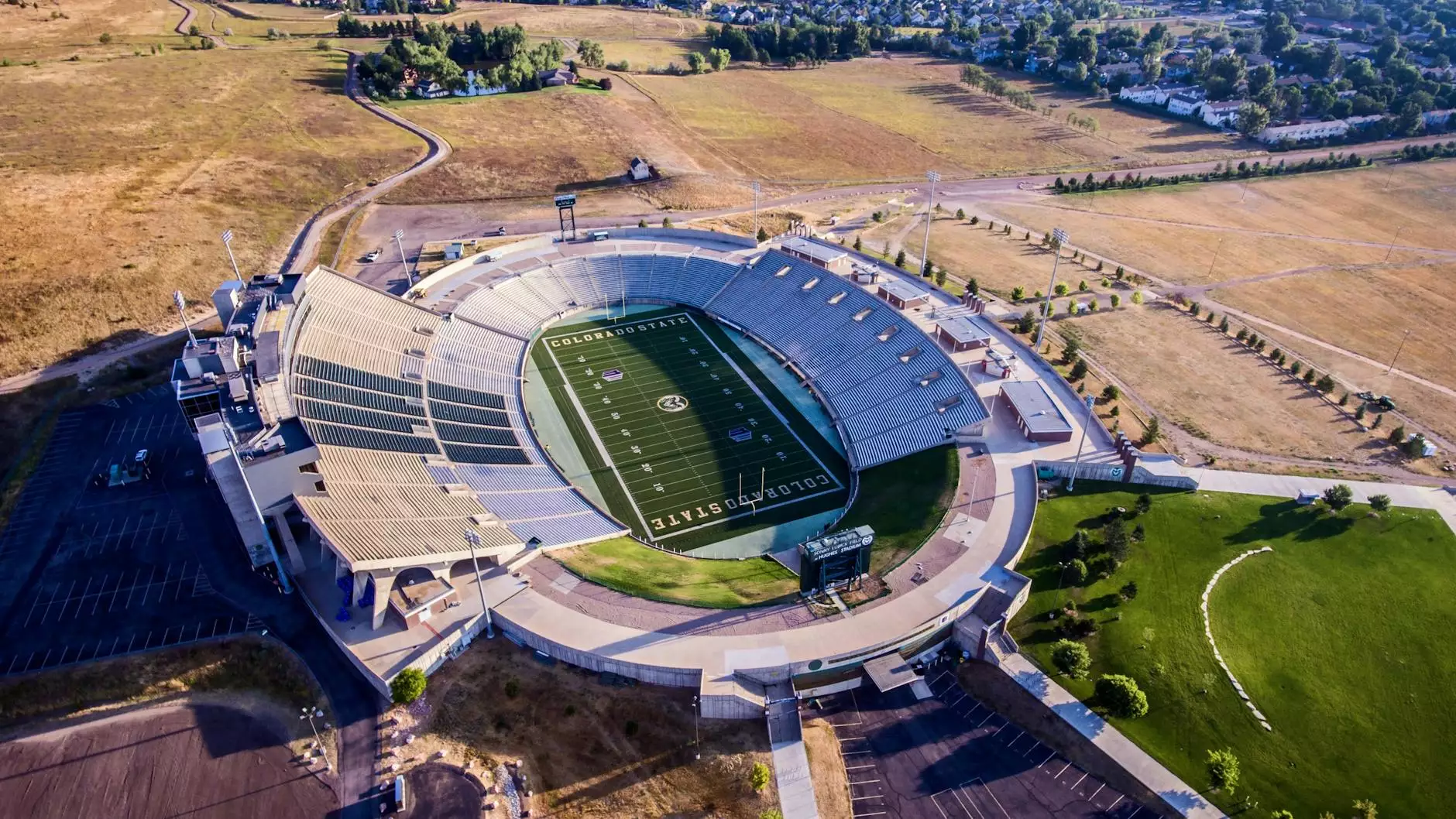Caucus or Primary? Nevada Republican Party Might Have Both in 2024

The Nevada Republican Party finds itself at a crucial crossroads as it weighs the decision of whether to hold a caucus or primary system for the upcoming 2024 elections. This decision holds significant importance as it can have a far-reaching impact on the party's electoral process and the political landscape in the state. In this article, we delve into the potential advantages and disadvantages of both options to provide you with a comprehensive understanding of this pivotal decision.
The Caucus System
Traditionally, caucuses have served as a platform for political debate and interaction among party members. Nevada has a history of using the caucus system, which involves a series of local meetings where party members gather to discuss and debate the candidates. This process provides an opportunity for grassroots organizing and allows party members to have a direct influence on the outcome.
One of the major advantages of the caucus system is its ability to foster greater engagement and participation among party members. By requiring active involvement, caucuses attract dedicated individuals who are willing to invest time and effort into the political process. This level of commitment often results in a more informed and dedicated voter base.
Moreover, the caucus system is known for its ability to generate media attention and coverage. The intense debates and discussions that take place during caucus meetings often attract journalists and news outlets, providing an opportunity for parties to garner public attention and promote their candidates.
However, caucuses also come with their own set of challenges. The caucus process can be time-consuming and may require participants to be physically present at a specific location during the designated time frame. This can pose logistical challenges for individuals with work or family commitments, potentially limiting participation.
The Primary System
An alternative to caucuses is the primary system, which has gained popularity across many states. Primaries involve a direct vote by party members to determine the candidate who will represent the party in the general election. Primaries offer a more straightforward, accessible, and convenient method of candidate selection.
The primary system has several notable advantages. First and foremost, it allows for a broader participation, as voters can cast their ballots at designated polling stations instead of attending in-person meetings. This increases accessibility and facilitates greater democratic participation.
Secondly, primary elections tend to have higher voter turnout compared to caucuses. This can be attributed to the ease and convenience of voting in a primary, which attracts a more diverse range of voters, including those who may not have the flexibility to attend caucus meetings.
However, critics argue that the primary system removes the personal interaction and community-building elements that caucuses provide. The absence of face-to-face discussions among party members could potentially limit the development of nuanced perspectives and the exchange of ideas.
The Potential Dual Approach
Recognizing the pros and cons of both systems, the Nevada Republican Party is considering a unique approach that combines elements of both caucuses and primaries. If implemented, this hybrid system could offer the benefits of both methods, enhancing engagement while maximizing accessibility.
Under the potential dual approach, the Nevada Republican Party might consider holding a series of smaller caucuses in addition to a primary vote. This would enable party members to participate in local caucus meetings to discuss candidates, engage in debates, and form opinions. Subsequently, a primary would be held to allow all party members to cast their votes, ensuring wider participation.
This hybrid approach aims to strike a balance between fostering grassroots engagement and ensuring inclusivity. By incorporating elements of both systems, the Nevada Republican Party hopes to create a platform that upholds the principles of direct participation and representative democracy.
The Future of Nevada's Republican Party
The decision to implement either a caucus, primary, or a combination of both will shape the trajectory of the Nevada Republican Party's electoral process. Regardless of the chosen path, it is crucial for the party to prioritize inclusivity, accessibility, and active engagement among its members.
As the Nevada Republican Party deliberates on this decision, it seeks to strengthen its position as a key player in state politics. Embracing the most effective approach will not only ensure the selection of strong candidates but also attract a diverse and passionate voter base.
In conclusion, the Nevada Republican Party's decision regarding whether to opt for a caucus, primary, or a hybrid system for the 2024 elections holds significant implications for the party's electoral process. By evaluating the advantages and disadvantages of both systems, the party can make an informed decision that enhances engagement, inclusivity, and voter participation. Ultimately, the chosen approach should reflect the party's commitment to strengthening democracy and representing the interests of its members.




